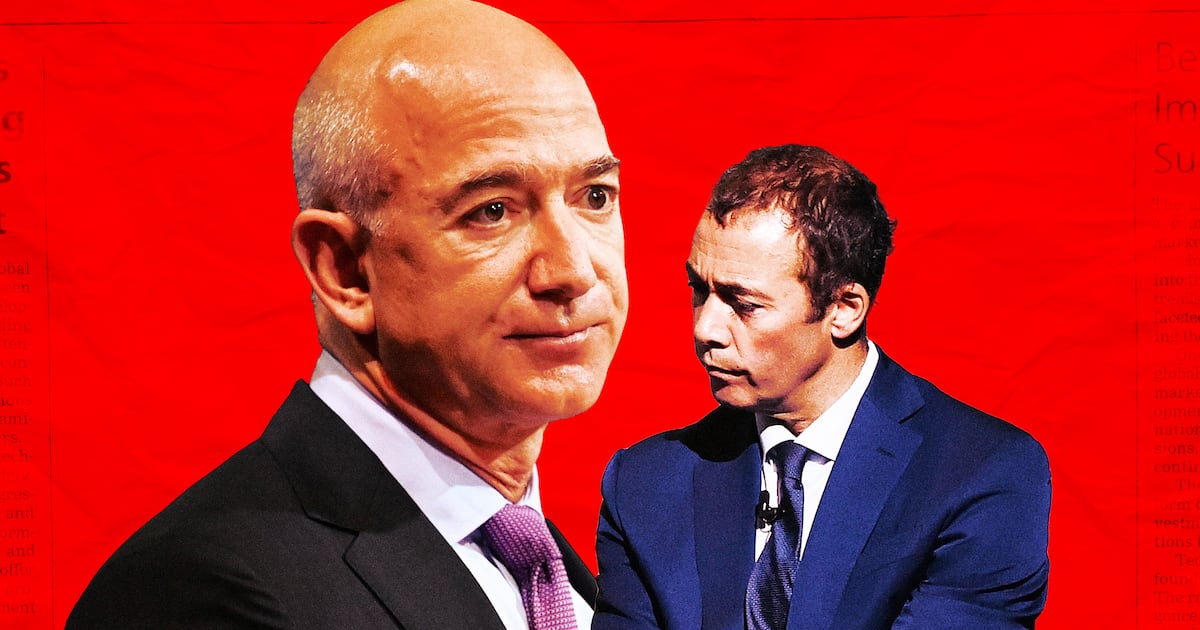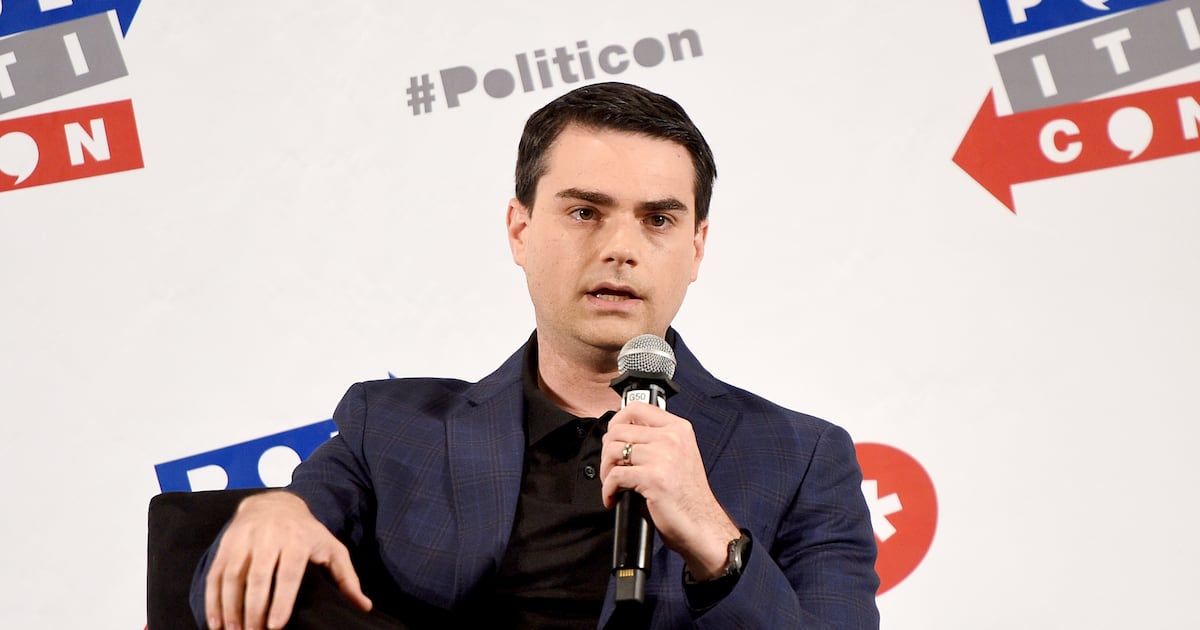Attention will turn this week to a handful of Republican senators who are reported to be wavering on Mitch McConnell’s health care bill. There’s the hard-right quartet of Rand Paul, Ted Cruz, Mike Lee, and Ron Johnson, who think the Senate bill is Obamacare-lite. On the other side are four or maybe five senators who are undoubtedly facing heavy pressure from McConnell and the White House but who surely ought to be facing pressure from within their states on the grounds that a vote for this bill would be totally unjustifiable from the perspective of the citizens they were elected to represent and serve.
And on that short list, none faces a more open-and-shut case than Shelley Moore Capito of West Virginia. The case is plausibly built around five questions:
1. Has the Affordable Care Act had a positive impact on the state?
ADVERTISEMENT
2. What would repeal mean for residents’ health?
3. What would repeal mean for the economy?
4. What would the bill’s massive Medicaid cuts mean for the state?
5. Given who benefits from the bill, are there large constituencies within the state about whom it could at least be said that Trumpcare would be good for them?
On each of these questions, the West Virginia evidence seems clear. Capito would be disserving her state and her constituents horribly if she voted yes on the bill.
On the first, it’s estimated that about 150,000 West Virginians, maybe more, gained coverage under the ACA (see page 9 of this Urban Institute report). That study is a little bit old. It may now be 170,000. That’s in a state with a population of about 1.8 million; so, nearly 10 percent. Just look at these four maps as presented in The New York Times, which show the percent of uninsured in every county in the United States from 2013 through this year. In 2013, there wasn’t a single county in West Virginia (there are 55) where the uninsured rate was under 15 percent. Even a comparatively wealthy county like my home county of Monongalia, home to the state university and the medical school, had a 19 percent uninsured rate. Today, there’s barely a county in the state in double digits.
Yes, some of the usual problems seen elsewhere have popped up in the state. Premiums rose higher than the national average, but because such a high percentage of the new enrollees qualified for the Medicaid subsidies, those increases were largely offset for most people. In addition, the state has added a carrier since the ACA became law.
So the impacts have been largely quite good since then-Gov. Earl Ray Tomblin decided the state would create a joint state-federal exchange. So on to Question 2: What would happen if the Senate bill or some combination of the Senate and House bills became law?
One study found that West Virginia would be the second most affected state in the nation, after, interestingly enough, Massachusetts. Technically, “most affected” means that this study predicts that West Virginia would have the second-highest growth in its uninsured population in the nation by 2019 if the ACA were repealed. By 2021, West Virginia would rise to a place it rarely finds itself in any category: No. 1. Those 170-odd thousand who gained coverage will lose it, but it won’t be just them, because of the added Medicaid cuts in the bill and other factors—Democratic Sen. Joe Manchin has publicly put the number at at least 210,000. That’s one in eight people, in one of the least healthiest states in the nation, who will by and large just stop going to doctors.
Now let’s move on to the economic impacts. A policy brief to be released this week by the West Virginia Center on Budget & Policy notes that the health care industry accounts for more than 10 percent of the state’s GDP and estimates that 10,000 West Virginians could lose their jobs, and the state could lose $1 billion in GDP. Health care jobs have been one of the few growth sectors in the state. A lot more than coal.
As for the overall Medicaid cuts, they’d wrench a poor state like West Virginia. Medicaid pays for 72 percent of nursing-home care for the state’s seniors, provides $20 million in school-based services for young people, and brings in $110 million for drug treatment. All that would be gone.
But, you say, Capito and Rob Portman of Ohio are wheeling-dealing McConnell on this opioid treatment fund. They want $45 billion. Let’s say McConnell gives them $25 billion or $30 billion. It sounds like a lot, but remember, it’s over 10 years, and as a knowledgeable source explained to me last week, a dedicated fund like that is a roll of the dice for a small state. Existing Medicaid money is designed to increase as the problem increases. That special money pot might not. In addition, what share of the X billion would West Virginia get? Not long ago there was a $485 million national drug-treatment grant, my source says. West Virginia, despite being the hardest-hit state in the nation, got $5.9 million.
So this fund is robbing Peter to pay Paul. At best. It may be robbing Peter to rob Paul.
Finally, let’s talk about Question 5. Who wins in this bill? Rich people, mostly. If you make more than $1 million a year, you’ll get a $50,000 tax cut. That’s about $8,000 more than the median household income in the state—in a refund, in one year.
I wasn’t able to find out how many West Virginians make more than $1 million a year. I have a hard time imagining it’s more than a couple hundred. However, I did learn that West Virginia has fewer millionaires than any other state in the union. Just 32,285 in 2016. Even Mississippi has nearly 43,000.
Senator Capito: Of all the people in your state, all the old people who suffer from black lung and diabetes and emphysema and obesity, all the children who will grow up exactly the same way, dying the same premature deaths unless something changes, these 32,000 are the West Virginians who need your help? Seriously?
I also learned over the weekend that Capito doesn’t really have the excuse that she walks around in fear of a primary challenge from her right. That is, most GOP senators who feel the urge to cast a reasonable vote once in a while get scared out of it by being reminded that Rep. So-and-So is just itching to be a senator and the Club for Growth would be happy to launch him on his way with $20 million. But Capito is by far the most popular politician in the state and could survive a vote cast on common-sense, constituent-service grounds—if she wanted to.
I don’t expect Portman to show any backbone. He never has that I’ve seen. Lisa Murkowski represents a state, Alaska, where the impact of repeal is expected to be minimal, so maybe she can vote yes and hope for the best. Susan Collins wants to run for governor of Maine, which makes me think she would be more likely to vote no, but then I remember who the current governor of Maine is, and suddenly it’s who knows.
So yes—with Rand Paul voting no on one side and Nevada’s Dean Heller doing the same on the other, it might come down to Capito. Of all of them, she represents the state that would most clearly just get mauled by this GOP bill. If you live there, let her know it.
Read it at





